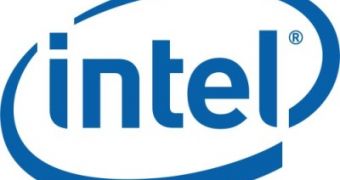In a last week blog post on the company's website, Intel's James Reinders announced that the Santa Clara, California-based leading chip maker had acquired Rapidmind, a company that, since its inception, has focused on providing enterprises with a multi-core platform to enable an easier development of parallel applications. The announcement adds to Intel's growing interest in the multi-core programming segment, with the chip maker looking to make programming easier and more intuitive, as well as scalable for more and more processor cores with “safety by default,” as it likes to call it.
“We are now part of Intel Corporation, the leader in software development tools for software parallelism and performance,” Rapidmind says on its website. “This change is a great development for our customers and for easing the effort in parallel programming. With Intel, our shared vision for enabling parallelism will lead to strengthening our software developer tools for multicore and manycore processors and accelerators.”
Although the financial details of the transaction haven't been released, Intel has announced that it will continue to provide support for Rapidmind products. According to the aforementioned blog post, the two companies are currently working on their joint plans for the integration of Rapidmind and Intel Software products, including Intel Ct technology for data parallelism. The product plans for Intel Ct technology, according to Chipzilla, are on track for a beta release before the end of the year, with integration of the Rapidmind products to become available after the first beta is launched.
Rapidmind was founded in 2004 by Prof. McCool and Stefanus Du Toit, with a focus on commercializing a novel programming system called Sh. This system is the fruit of the work conducted by Prof. McCool at the University of Waterloo, which was focused on exploring the advanced programming interfaces for graphics processors embedded in video cards. The research further expanded to additional processors, such as IBM's Cell and a broader set of applications.

 14 DAY TRIAL //
14 DAY TRIAL //